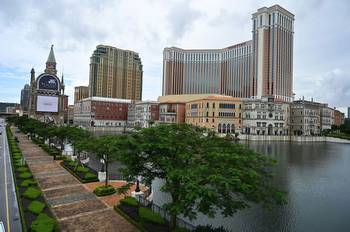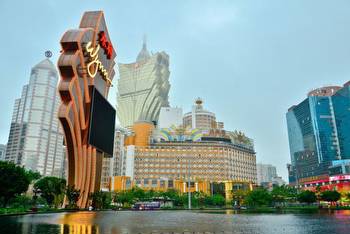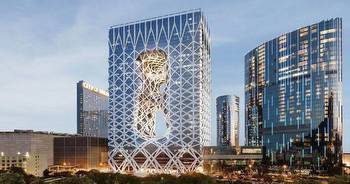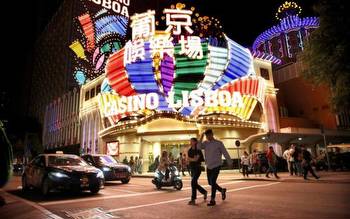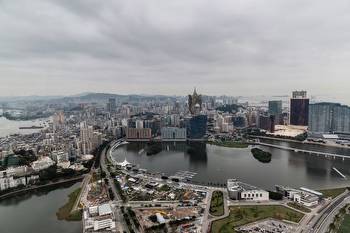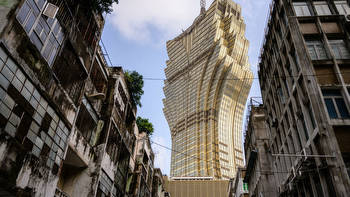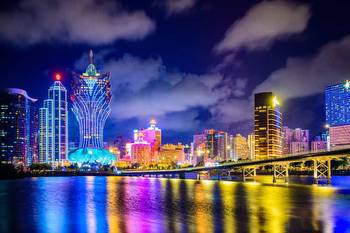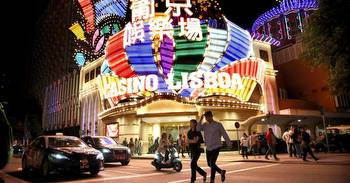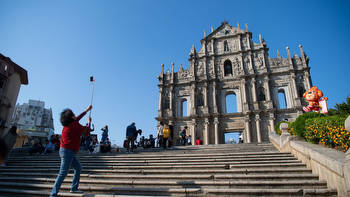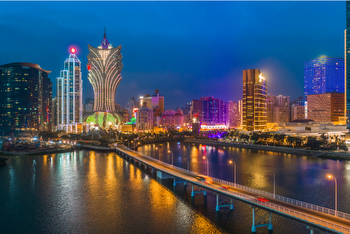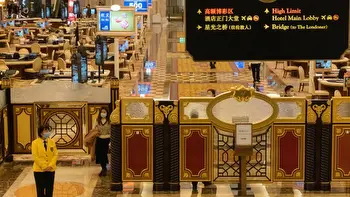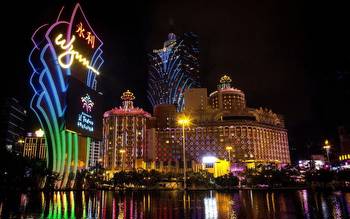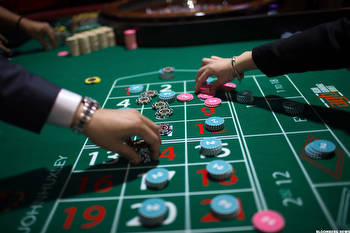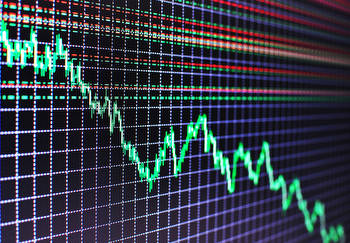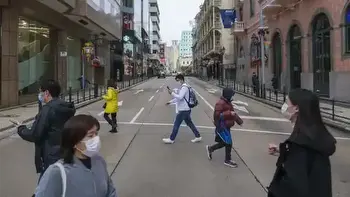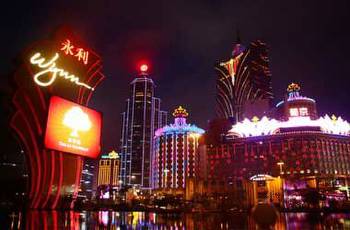COVID-19: Stocks in Macau casinos fall as virus restrictions kick in
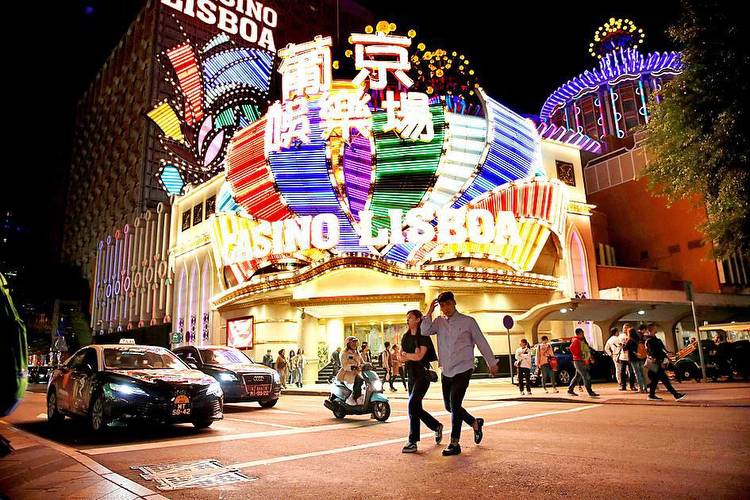
Macau casino stocks yesterday slumped as the Chinese gaming hub battled a COVID-19 outbreak, which has prompted tightened social distancing restrictions and mass testing.
The sector has been hammered by the COVID-19 pandemic, with vital tourism revenues wiped out by some of the world’s harshest measures to tackle the virus — including tough border controls, weeks-long quarantines and targeted lockdowns.
Case numbers are small by global comparison, with only 34 found so far in mass testing local media said, but the outbreak sent casino stocks tumbling.
Sands China Ltd (金沙中國) fell as much as 8 percent while Wynn Macau Ltd (永利澳門) dropped more than 7 percent, although both partially recovered.
A Bloomberg Intelligence index of Macau’s six major casino operators fell as much as 5 percent, taking their total losses this year to 28 percent.
The virus has been kept largely under control in Macau, but the government said that a chain of transmission discovered on Saturday posed an “extremely high” risk of community transmission.
Mass testing, expected to take place over 48 hours until today, had covered almost 340,000 people by yesterday morning.
Government offices and banks are shut, dining in has been suspended at restaurants, school lessons have been canceled and residents have been asked to stay at home.
Macau’s casinos usually account for about 80 percent of government revenue and more than half of the territory’s gross domestic product, with nearly a fifth of the working population employed by the industry.
Almost all gambling is forbidden in mainland China, but is permitted in Macau, which boasts a casino industry bigger than Las Vegas.
The pandemic is not the only challenge the sector is facing. Chinese President Xi Jinping’s (習近平) anti-corruption campaign has seen increased scrutiny of big-spending gamblers and corrupt officials who might travel to Macau to launder money.
The six major casino operators are all required to bid again for their licenses this year as they have expired.
Comments will be moderated. Keep comments relevant to the article. Remarks containing abusive and obscene language, personal attacks of any kind or promotion will be removed and the user banned. Final decision will be at the discretion of the Taipei Times.












